- Individuals & Families
- Businesses
- Brokers
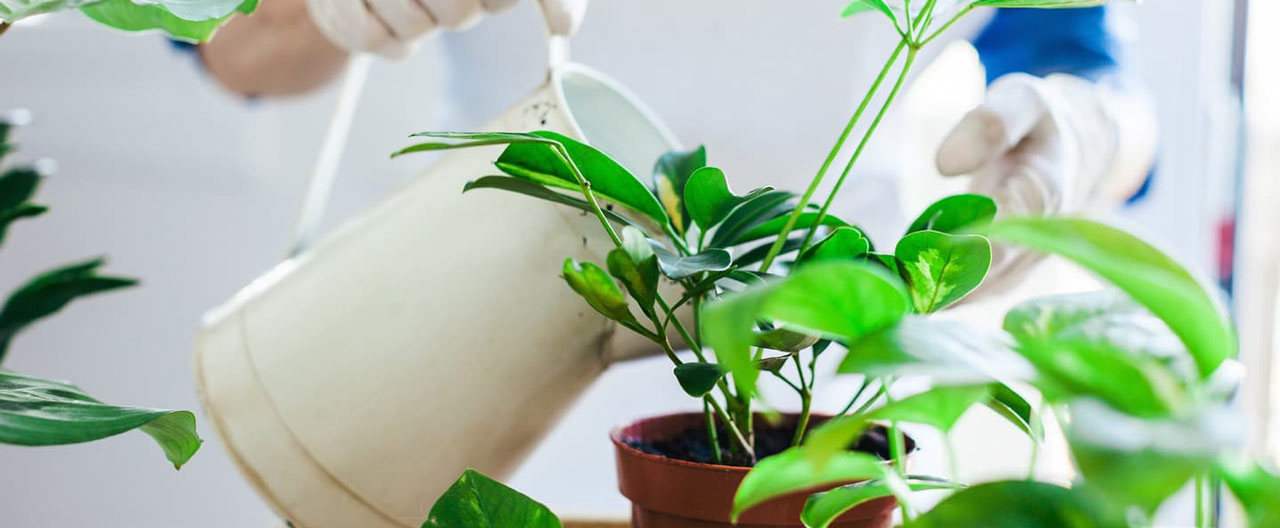
With winter on its way out, you may be ready for some spring cleaning.
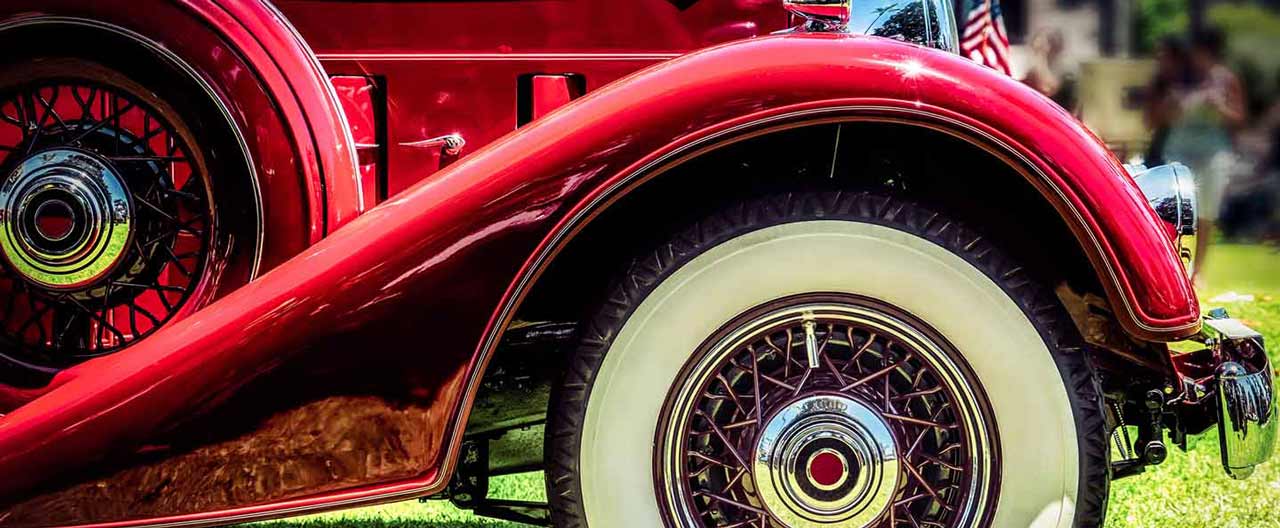
Make sure you protect your classic cars from damage or additional wear and tear.

Keep your important papers and small valuables away from burglars, fire or natural disaster.

For over a hundred years, we’ve offered unparalleled stability and protection for small boats, yachts, luxury mega-yachts, and more.

Here are some things you can do to assist firefighters and minimize the damage to your home.

At their worst, disputes between professional service firms and their clients can lead to costly lawsuits.
Whether you own a souped-up Toyota Land Cruiser, restored Aston Martin, or a collection of classic muscle cars, a passion for unique and historic cars is something that never goes away – and often grows with the number of cars you own. Make sure you protect your classic cars from damage or additional wear and tear, so you can proudly show them off for years to come.
Here are a few tips to help you protect your car, truck, or other classic vehicle:
1. Find the right storage facility.
The best location is a clean garage with room for your car – and no hazards close by, like lawn equipment, power tools, or kids’ toys. You may want a power source, so you can hook up a battery trickle charger. And, if your garage is linked to your home’s fire detection system and is climate controlled to maintain stable temperature and humidity levels, you’ll be all set.
2. Keep all important documents.
The original manuals and historic photos, as well as your car’s repair history, will help you appreciate your investment and might even increase its value.
3. Research the history of your marque and model.
Find catalogs, books, vintage magazines, parts catalogs, and other memorabilia that include your car. Doing the research can be fun, but also can help you verify the originality of parts and confirm proper installation of everything from gauges to engine components and bumper guards.
4. Take photos.
Do you treat your car like a member of the family? Many of us do. Taking pictures of your “baby” each year can help you notice small deteriorations in condition and can be important to future owners.
5. Do the maintenance.
Find a reliable mechanic who specializes in your marque and address any problems promptly. Keeping up on maintenance will speak volumes to prospective future owners.
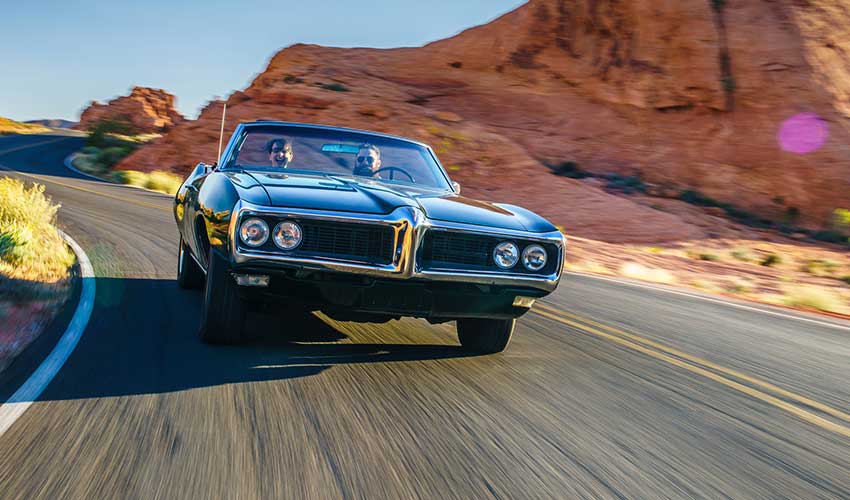
6. Take her out for a ride.
Drive your car at least every few weeks, so you can maintain proper lubrication and identify any maintenance needs. Even if you want to keep the mileage down, a couple dozen miles each month won’t hurt the car’s value.
7. Prepare for extended storage periods.
If you have no choice but to keep your car in storage for long periods of time, drain or treat the fuel and take steps to prevent rodent infestations. Contact your local car club for other ideas.
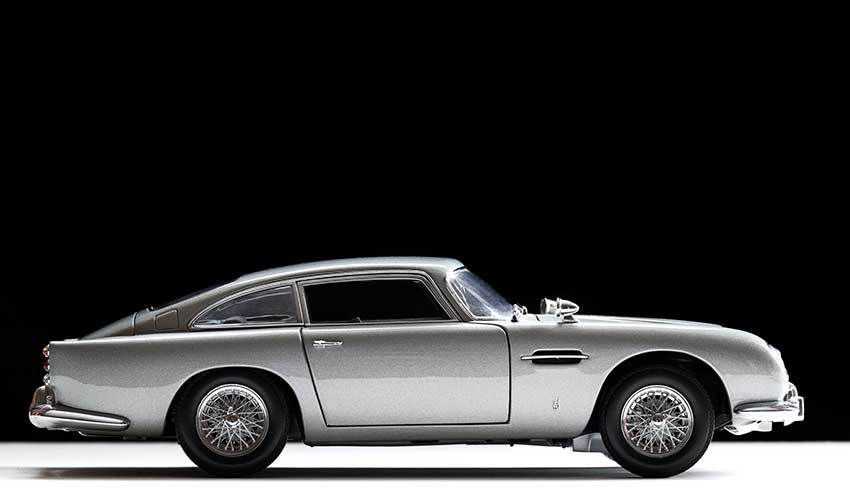
8. Properly insure your classic.
Not all insurers are alike. Find one that doesn’t limit your mileage, offers Agreed Value, and allows you to choose the most qualified repair shop. If your car is damaged, you’ll want it to be repaired to its original specifications with the highest quality parts, so you can protect your investment.
Insights and expertise
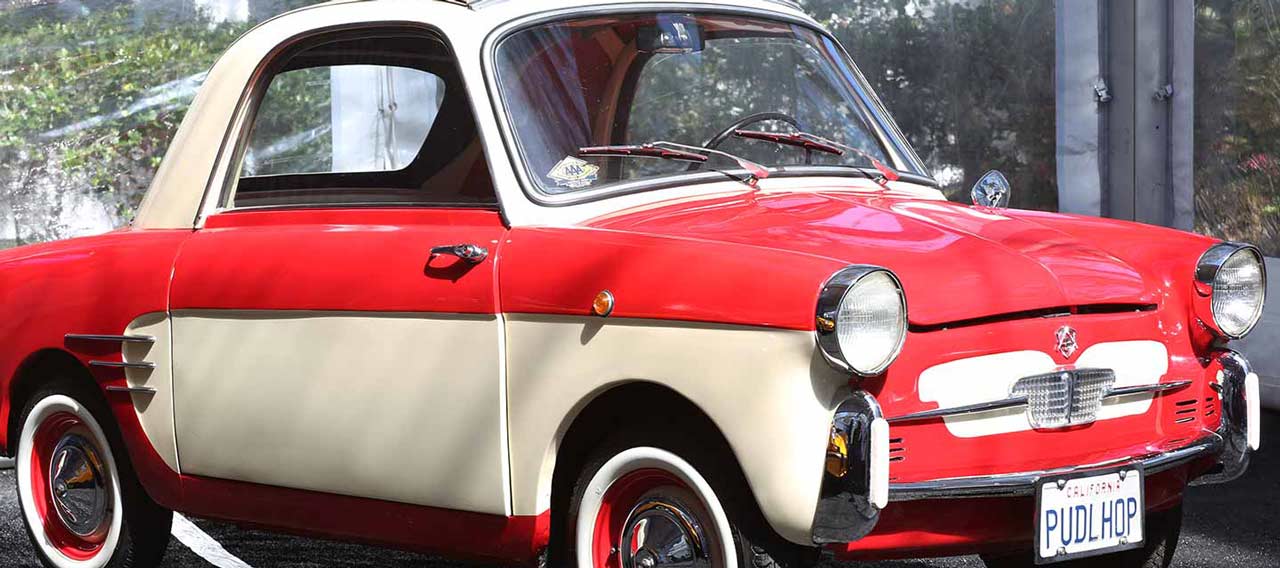


This document is advisory in nature and is offered as a resource to be used together with your professional insurance advisors in maintaining a loss prevention program. It is an overview only, and is not intended as a substitute for consultation with your insurance broker, or for legal, engineering or other professional advice.
Chubb is the marketing name used to refer to subsidiaries of Chubb Limited providing insurance and related services. For a list of these subsidiaries, please visit our website at www.chubb.com. Insurance provided by Chubb Insurance Company of Canada or Chubb Life Insurance Company of Canada (collectively, “Chubb Canada”). All products may not be available in all provinces or territories. This communication contains product summaries only. Coverage is subject to the language of the policies as actually issued.
